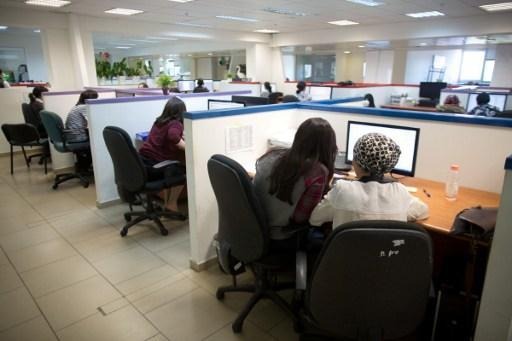Two thirds (67%) of women with breast cancer, who received incapacity payments from the Mutualité Chrétienne (a health-based mutual insurance company) either returned to work fully or on a reduced-hours basis. They did so, within the two years following their cancer diagnosis.
The findings emerge, on Tuesday, from a study by the health insurance company amongst 7,600 women aged 20 to 64. “On average, the payments continue for one year. For 26% of women, their incapacity lasts beyond two years. Unfortunately death occurs in 2% of cases,” states the company.
Moreover, for almost one in four women (24%) no payment was made within the two months following the discovery of the cancer. “No doubt, those affected stopped work at some time or other, and probably for successive short periods of incapacity. However in any case, for such female employees, such incidents did not go beyond the guaranteed period of remuneration paid by the employer,” notes Jean Hermesse, the General Secretary of the MC.
The likelihood of resuming work particularly depends upon the stage of the illness, the treatment, age but also occupational status. The likelihood of returning to work within two years is therefore 77% if the illness is found to be at stage I, compared to 27% at stage IV. Such is the case, despite the negative impact of chemotherapy treatment. Moreover, younger patients have a greater chance of returning to work more quickly.
That having been said, it takes longer for labourers to return to work than for other employees. “Having a highly physical job, makes the resumption of work more difficult. In addition, there is often little scope for adapting the work environment for the person concerned,” Jean Hermesse further suggests.
The self-employed have a lower probability of claiming incapacity payments than employees, through in particular the fear of the impact of their absence from work. However, when they do so, they tend to continue claiming incapacity payments for longer, amongst other reasons because they have been forced to stop work or sell their business.
“There are numerous means for returning to work, ranging from tailoring positions to individuals to training for another occupation, not forgetting a partial resumption of an individual’s occupation,” says Jean Hermesse. He also believes that the case of those who have cancer is “proof that stigmatising workers based upon a work incapacity rests solely upon prejudices, and cannot be tolerated.”
The Brussels Times

